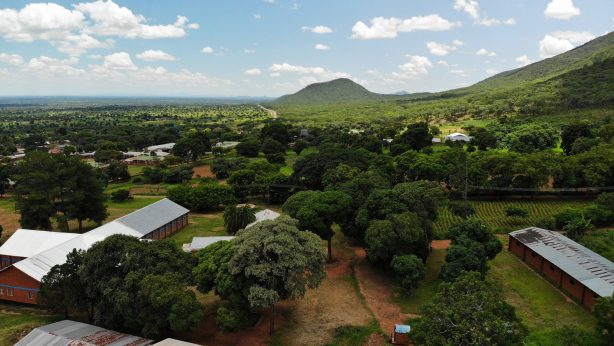Cooperatives for Development, Permaculture for Resilience
LILONGWE: It feels like it is just a few days ago when our skies were filled with fireworks and happy songs greeted our ears everywhere we were. Everyone was busy declaring their New Year resolutions and dissolutions. Individuals, businesses, corporates and organisations alike all got caught up in this razzle-dazzle. Five months have been stolen from us, going into six in a couple of days. I hope everyone is excited about how the year is going. At Empower Malawi, we could not be any happier. For the past 6 weeks, we have been working on developing our new strategic plan for the next 5 years up to 2022. To be launched in July 2017, the 2017- 2022 Empower Malawi Strategic Plan constitutes a high level organisational plan focused on key goals across key functional areas of projects, marketing, finance, human resource management, operations, and governance. Most importantly, we are very happy that this could not have come at any better time than now. The reputation of our work in Mzimba and Nkhatabay districts in Northern Malawi has surpassed our organisation leading to growing demand for and public interest in our service delivery, particularly our impactful engagement model with communities and institutions.
Two way strategic focus
Because we are truly committed to supporting the development aspirations of underserved Malawian communities with all our skills and capabilities, we have strategized that we must focus our efforts on key levers of impact that align with our strengths and capabilities as an organisation. Therefore, we have identified two thematic areas for our work in Malawi namely Cooperatives for development and Permaculture for resilience. To achieve our outcomes in these thematic areas, we will do the following:
- Promote and support cooperatives as a means to achieve sustainable development goals.
- Permaculture education in schools to co-design and deliver projects that build resilience and long-term sustainability. We will use rural schools as sites for permaculture demonstration for the wider community to adopt as well investing knowledge in the young ones at an early age.
How are we going to do it?
We have identified a few districts in the central and southern regions of Malawi as target influence zones for the new strategic plan. This is aimed at spreading our work to reach out to more deserving Malawian and not just a small concentrated location. Since we are already in two districts in northern region, our target is to work in two districts in central and southern regions. The districts that have been earmarked for scoping in the new regions are Lilongwe rural, Mchinji, Ntcheu and Dowa in central region and Balaka, Machinga and Neno in the southern region. Starting from 2017, we plan to enter a new a district every year bringing us to a total of 6 districts by 2022, 2 districts in each of the 3 regions. Things couldn’t get any interesting than this. As Executive Director for Empower Malawi, I am very proud of how far we have come. From working with 38 villages in a single district location in 2010 with an budget of less than $20,000, to targeting 6 districts, let alone 3 administrative regions of Malawi is amazing. The budget for our 2017-2022 strategic plan is approximatd to be US$704, 172.
Both the cooperative and permaculture projects will be implemented concurrently within a site. So if we start working district X and are recommended location Z within the district, we will implement activities for both of our thematic areas. This is in contrast to what we have been doing in the past whereby we were implementing single projects within an area. In a bid to maximise our resources and potential, we have found that our new approach is not only economical, but also ensures that we deliver the most impact within a specific region.
Strategic partnerships
We are actively looking for partners to join hands with us to drive our new agenda. The partners that we have identified include technical partners (in cooperatives and permaculture), funding partners, marketing partners, impact investors and fundraising partners. The nature of partnerships can range from implementation, consulting, activity support. So for example, if your organisation already has a cooperative development or permaculture development programme and you are looking for local partners on the ground to work with, then Empower Malawi would be interested to start a conversation with you. This mutual kind of relationship will ensure that the interest and of goals of both organisations are met. If there are marketing companies and reporters who like to report about development work, then this is the time to support a home grown initiative that’s aiming to support hundreds of people out there. With our expertise, we have also identified project consultancy and one of the activities to enable us achieve our strategic goals. So for example, if your organisation wants technical support in cooperatives and permaculture, then our team of experts at your disposal to offer technical support.
Over and Out,
Jones Ntaukira


